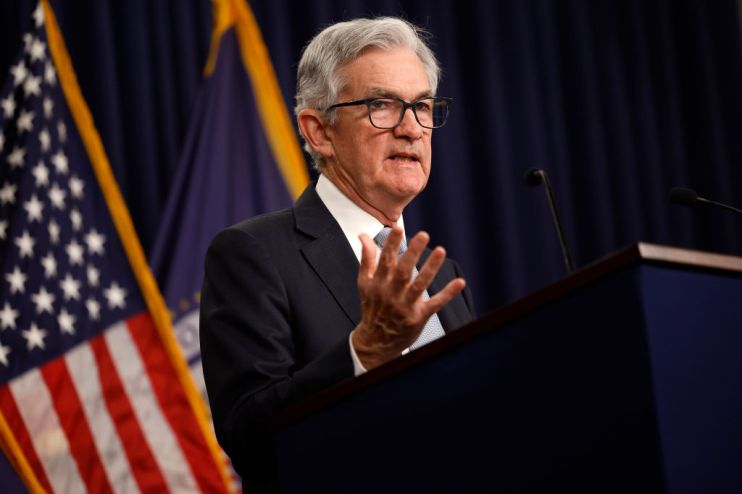Oil suffers biggest drop in five weeks as Federal Reserve signals more interest rate hikes

Oil is heading for its biggest weekly loss in five weeks, fuelled by investor fears over steep interest rate hikes in the US throttling growth and squeezing fuel demand.
Brent dipped 0.65 per cent to $81.06 per barrel, while WTI Crude slid 0.8 per cent to $75.12 per barrel.
Expectations of continued rate hikes in the world’s largest economy and in Europe have clouded the global growth outlook for the economy.
This driven both crude oil benchmarks down more than 5.5 per cent so far this week, in their worst tumble since early February.
This has overpowered optimistic sentiment in oil markets, driven by the reopening of China’s economy – which had driven demand expectations – and the continued underperformance in production from OPEC.
It has also driven down prices for commodities such as gold.
US Federal Reserve Chair Jerome Powell has warned of higher and potentially faster rate hikes in the coming weeks and moths.
He argued the central bank was wrong in first perceiving that inflation was “transitory,” and has been surprised by the strength of the labour market.
The labour market is still considered tight, even after the number of Americans filing new claims for unemployment benefits increased by the most in five months last week.
The prospect of the US jobs report later today leading to faster rate hikes has already triggered steep declines in financial markets.
This means oil prices could also be under pressure and fall further in today’s trading before the end of the week.
On the supply side, there is the possibility more Russian oil might flow into the market.
The US has reportedly urged some commodity traders to ease concerns about shipping price-capped Russian oil in a bid to shore up oil stocks.
Meanwhile, investors are closely monitoring export cuts from Russia, which decided to trim oil output by half a million barrels per day in March.
News agency Reuters this week reported that Russia plans to cut oil exports and transit from its western ports in March by 10 per cent on a daily basis from February.